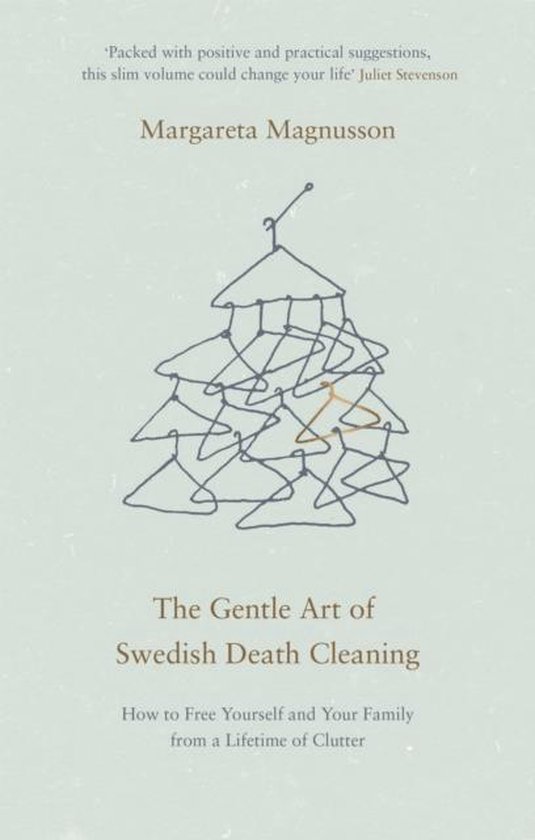
You’ll be able to reflect on those items and how they were part of the story of your life. Going through all of your belongings will give you pleasure because you will be able to find meaning and memory in many of the items you kept. While you may be motivated to death clean for the people who are left behind, there are just as many rewards that you will reap for yourself. It is never too early to start the process.


On top of the sheer volume of items, you may be dealing with health issues that could limit your physical or mental ability to do the work yourself. The longer you wait to deal with your accumulated possessions, the more difficult it will be. I am often contacted by clients who have just gone through a family member’s possessions after their death, and they now want my help because they don’t want to burden their children with this same task. Let me help you make your loved ones’ memories of you nice-instead of awful.” This may seem harsh, but if you have ever had to deal with someone else’s things after their death, you understand completely. No matter how much they love you, don’t leave this burden to them. Regarding the loved ones left behind, Magnusson speaks candidly: “Do not ever imagine that anyone will wish-or be able-to take time off to take care of what you didn’t bother to take care of yourself. The basics of Swedish death cleaning, (or döstädning in Swedish) as described by the author, “…is a term that means that you remove unnecessary things and make your home nice and orderly when you think the time is coming closer for you to leave the planet.” The benefits of completing this practice are numerous for both the aging and for those left behind. The tradition of döstädning or Swedish "death cleaning" is an attempt to completely prevent this situation from occurring in the first place. This is, after all, a very common occurrence here in the U.S. Perhaps you assume that it means cleaning someone’s home after they die. The title alone is quite an attention grabber. Written by Margareta Magnusson, a Swedish artist and widow who is “somewhere between 80 and 100”, this book details a common practice in Sweden called death cleaning. There had been much buzz about it among organizers since it is a topic that is well-known to us. “Putting your house in order, if you can do it, is one of the most comforting activities, and the benefits of it are incalculable.” -Leonard Cohen, The New Yorkerįrom the first time I heard about this book until its publication in English at the beginning of 2018, I had eagerly anticipated reading it. If you wish to submit a book review please contact NAPO HQ. There are many books of value to the organizing and productivity industry.


I t is not NAPO's policy to endorse any particular book or author. How to Free Yourself and your Family from a Lifetime of Clutter by Margareta Magnussonīook Review, by NAPO Member, Angie Hyche.


 0 kommentar(er)
0 kommentar(er)
